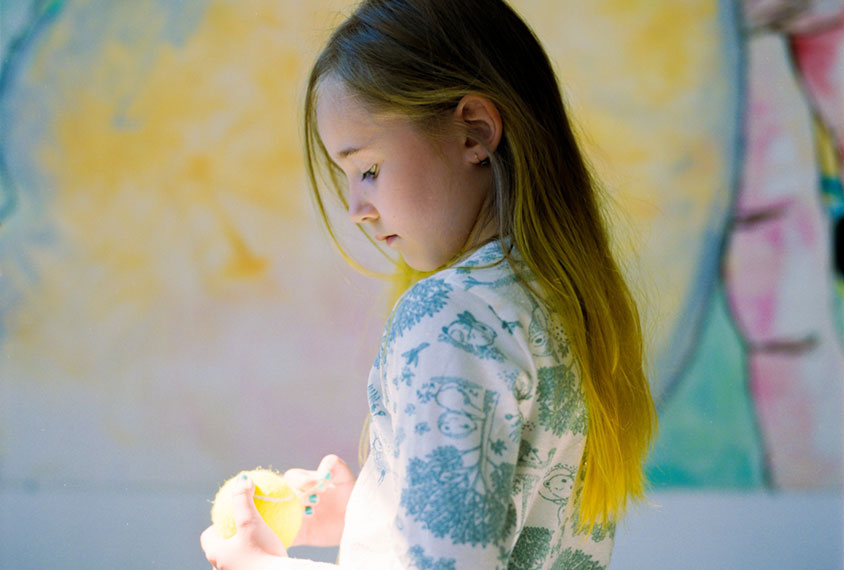Svetlana Bulatova was born in 1991. She is a graduate specialist in historical studies. Svetlana proceeded to develop her interest in social studies and various communities through documentary photography. Studied at Faculty of Photojournalism and Academy documentary photography and photojournalism Fotografika (St.Petersburg). Svetlana has developed her practice in international programs: Danish School of Media and Journalism and NOOR-Nikon visual journalism workshop «Developing your Transmedia & Long-term Project» (Bayeux, France).
In 2018 Svetlana joined to “Women Photograph” organization.
Svetlana’s works were published in National Geographic (USA), The Calvert Journal, EEP Berlin, Scena9, Roads & Kingdoms, Here Magazine, The Morning Calm, Russian Reporter, Takie Dela, Zapovednik, The Paper and among others. She works individually focused on long-term projects. Since 2016 Svetlana has been working in North Caucasus.
Currently lives and works in St.Petersburg.

Svetlana Bulatova
Photographer
From this contributor
Inside a summer camp for autistic children in Russia
Photographs show how a camp in St. Petersburg this summer helped children on the spectrum and their families find some fun during the pandemic.

Inside a summer camp for autistic children in Russia
Explore more from The Transmitter
Three ecological psychologists on the right and wrong ways to use the field’s principles in neuroscience
Matthieu de Wit, Luis H. Favela and Vicente Raja weigh in on the recent trend of neuroscientists importing concepts from ecological psychology, the study of how an organism’s interactions with its environment explain perception and action.
Three ecological psychologists on the right and wrong ways to use the field’s principles in neuroscience
Matthieu de Wit, Luis H. Favela and Vicente Raja weigh in on the recent trend of neuroscientists importing concepts from ecological psychology, the study of how an organism’s interactions with its environment explain perception and action.
Is there a neuroscientist in the House?
Sam Wang, a neuroscientist running for the U.S. House of Representatives, has been considering American democracy for decades.

Is there a neuroscientist in the House?
Sam Wang, a neuroscientist running for the U.S. House of Representatives, has been considering American democracy for decades.
Marcelle Lapicque: A forgotten pioneer in neuroscience
Lapicque was the first Black woman neuroscientist in Europe, new research suggests.
Marcelle Lapicque: A forgotten pioneer in neuroscience
Lapicque was the first Black woman neuroscientist in Europe, new research suggests.